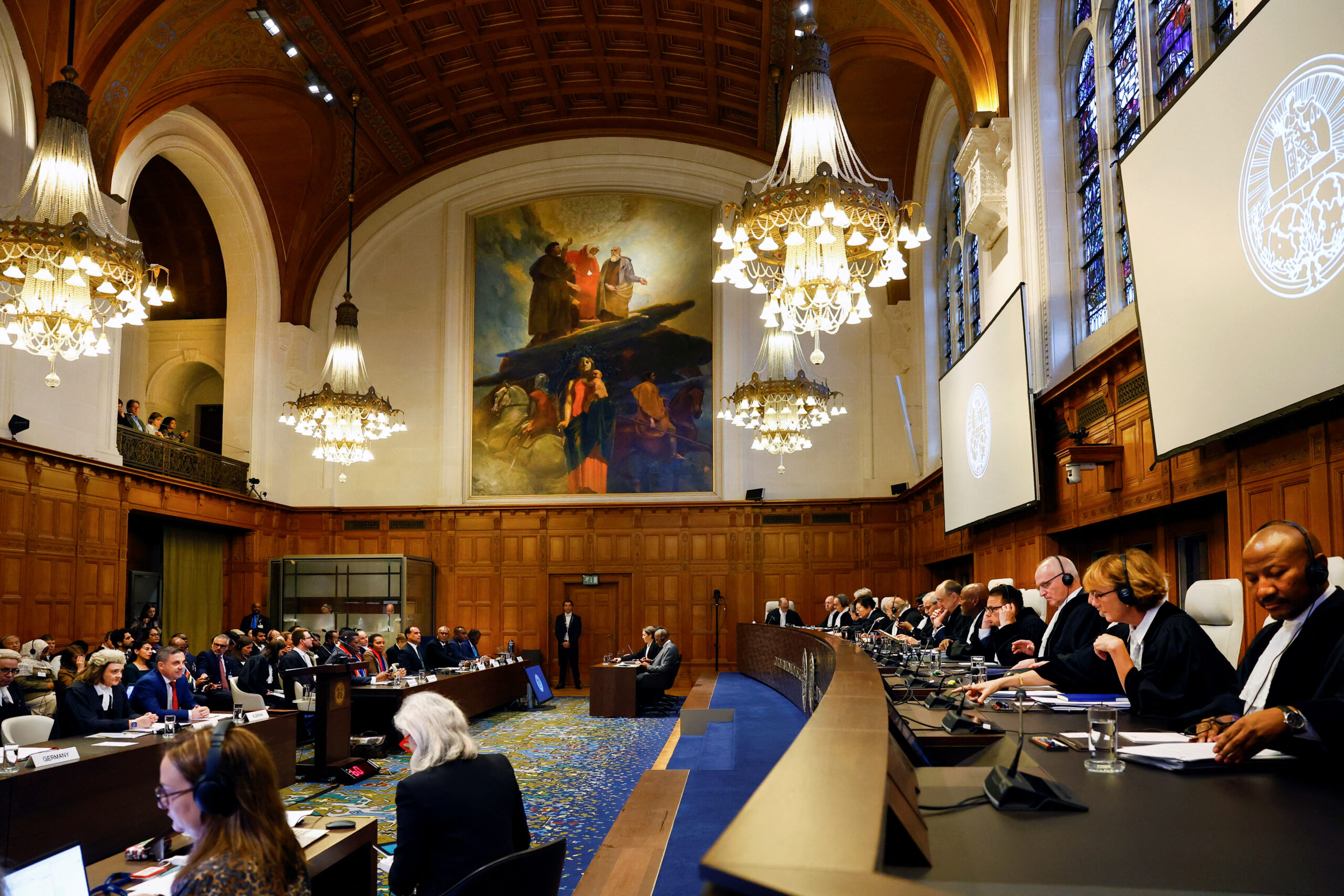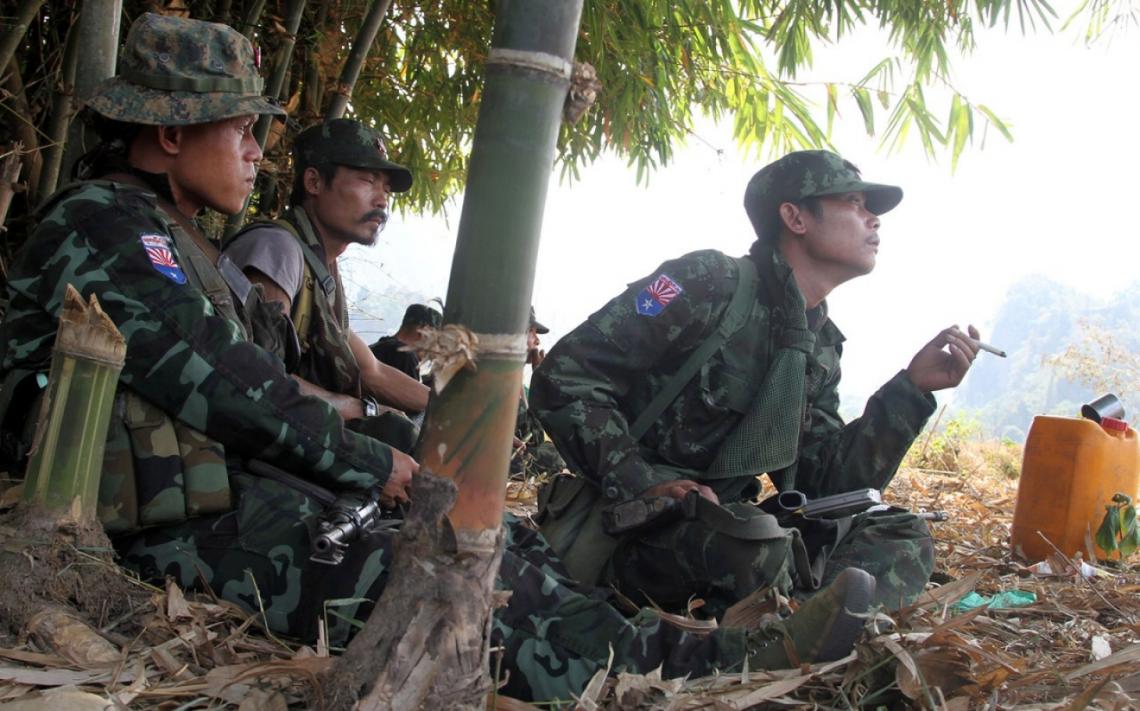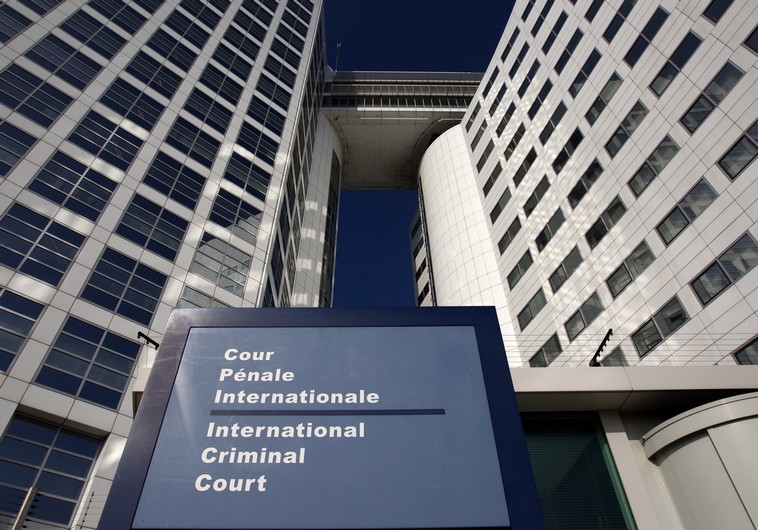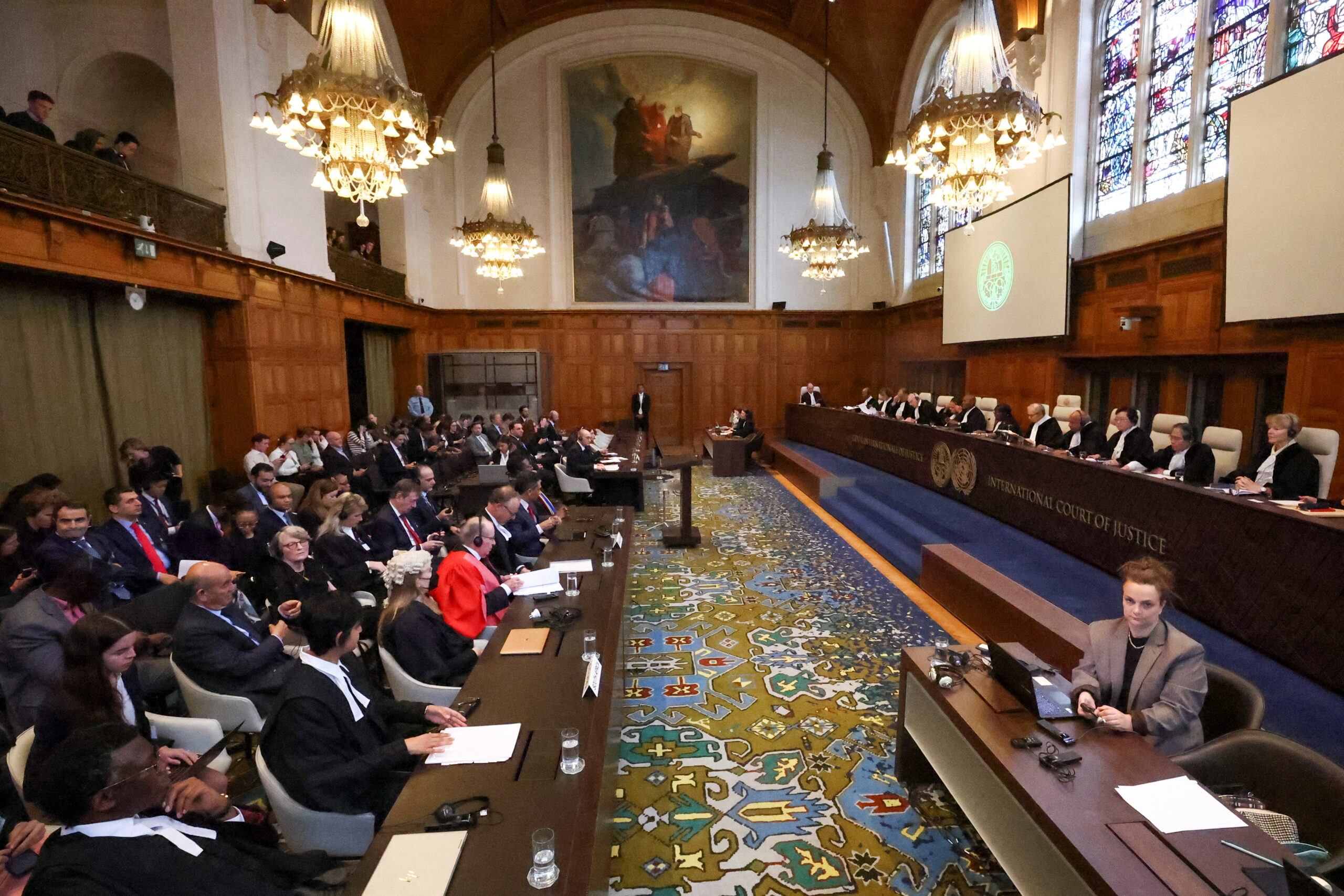Caster Semenya takes case to European Court of Human Rights
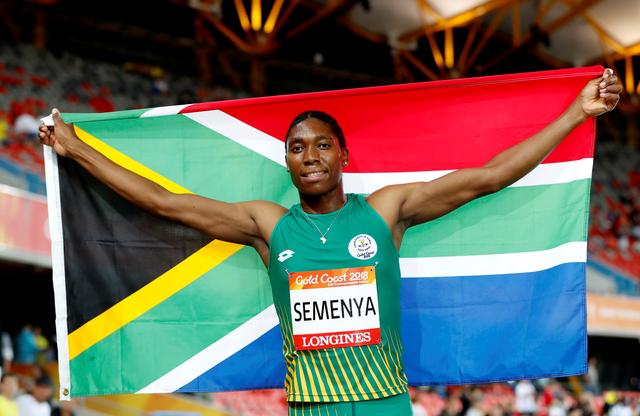
On 25 February Caster Semenya, the South African double Olympic 800m champion, filed an application with the European Court of Human Rights (ECHR) to allow her to participate in the Tokyo Olympics.
In 2018 the World Athletics governing body banned Semenya and other female athletes with differences of sexual development (DSD) from competing in certain athletic events unless they take testosterone-suppressing drugs.
Semenya has failed to overturn World Athletics regulations on two previous occasions. The controversial regulations require women with high testosterone levels to take medication to compete.
Human Rights Watch has previously stated that World Athletics targets women from countries in the global South for ‘abusive sex testing’ based on arbitrary definitions of femininity and racial stereotypes.
In 2020 and India’s Dutee Chand were barred from competing in athletic events because of their testosterone levels.
Semenya’s lawyer, Gregory Nott of the firm Norton Rose Fulbright told Al Jazeera that Semenya approached the European Court of Human Rights after exhausting other legal remedies.
Nott said that they asked the ECHR to find that Switzerland failed to protect Semenya’s rights under the European Convention of Human Rights.
Semenya is challenging the directives put in place by World Athletics and stating that it is the failure of the state of Switzerland that gives rise to the violation of the Convention and that gives the ECHR authority to hear the matter.
Human rights violations
According to Nott the European Court of Human Rights was approached because of the importance in highlighting the human rights violations committed against Semenya. He highlighted articles 13, 3 and 8 of the European Convention on Human Rights.
Article 14 of the European Convention deals with discrimination. Nott argues that Semenya’s genetic variation is no different than the genetic variation of large feet. Article 8 respects the right to private life and deals with respect to invasive gender testing and examinations.
Article 3 which states that no one should be subject to inhumane or degrading treatment outlaws invasive gender treatment.
Nott emphasized that Semenya is proceeding and persisting with the ECHR litigation regardless of the fact that the court’s decision may only be final after the Tokyo Olympics. He describes the litigation strategy as part of a ‘holistic fight for change’ for Semenya and women in her position.


